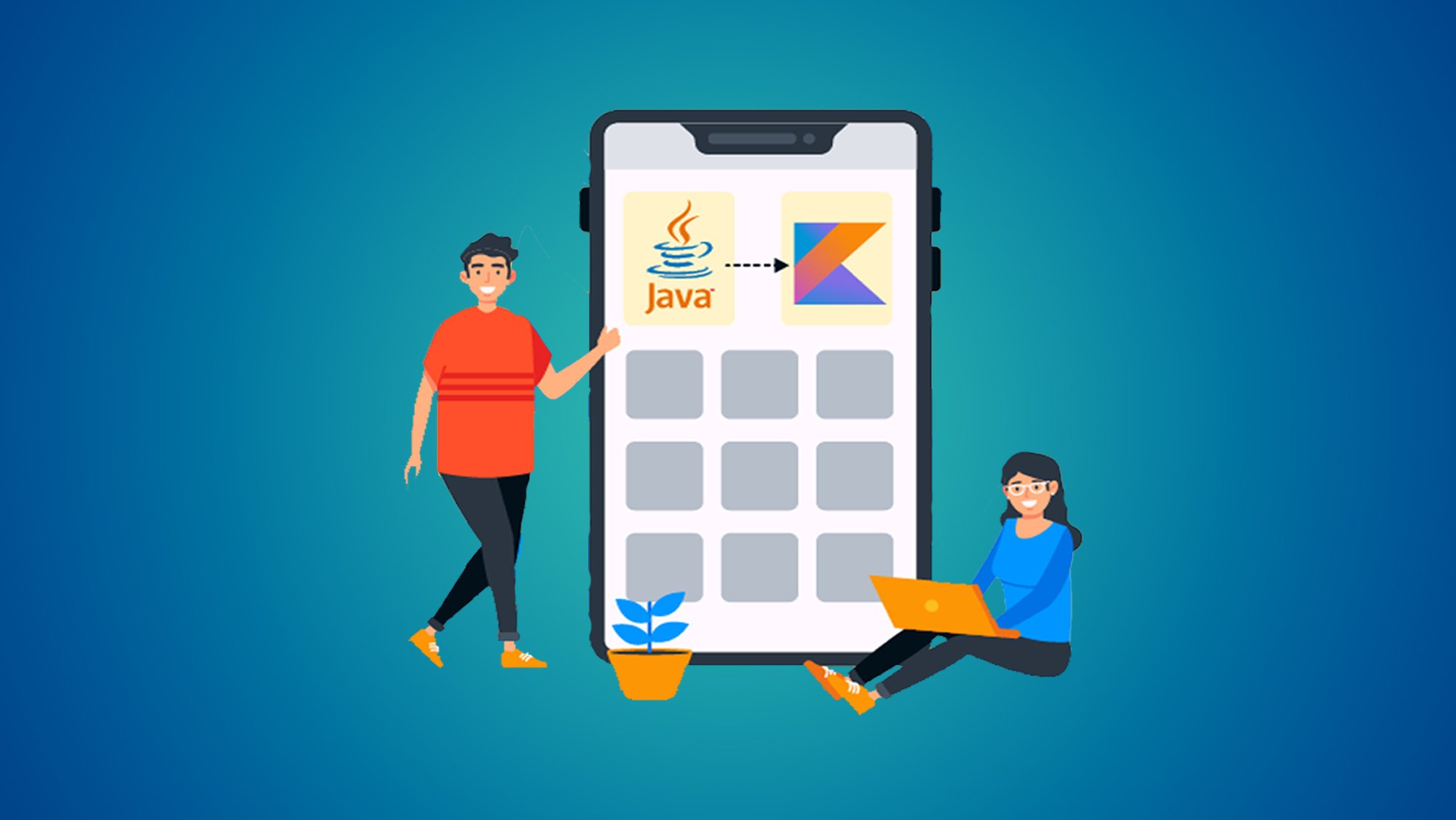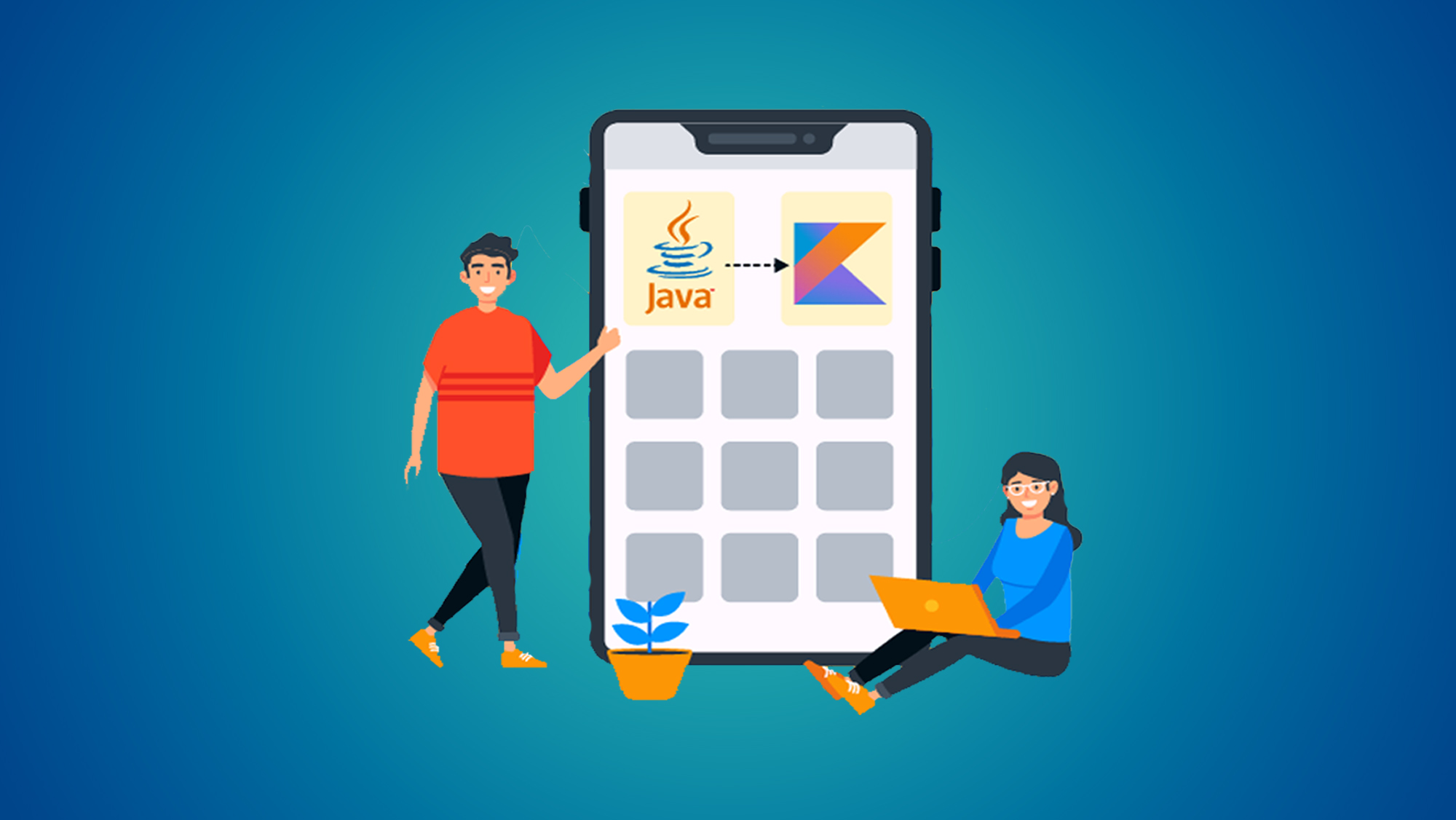What are the Benefits of Kotlin Training?
- Modern and In-Demand Language: Kotlin is a modern language that is rapidly gaining popularity in the software development industry. By undergoing Kotlin training, individuals can stay up-to-date with the latest programming trends and increase their marketability in the job market.
- Improved Productivity: Kotlin's concise syntax and advanced features help developers write code more efficiently. Training in Kotlin equips individuals with the knowledge to leverage these productivity-enhancing features, resulting in faster development cycles and increased productivity.
- Interoperability with Java: Kotlin is fully interoperable with Java, allowing developers to seamlessly integrate Kotlin code with existing Java projects. Training in Kotlin helps individuals understand how to leverage this interoperability, enabling them to work with both Kotlin and Java codebases effectively.
- Enhanced Readability and Maintainability: Kotlin's expressive and concise syntax makes code more readable and maintainable. Through training, individuals learn best practices for writing clean and maintainable Kotlin code, improving code quality and reducing the likelihood of bugs and errors.
- Compatibility with Multiple Platforms: Kotlin is a versatile language that can be used for developing applications across various platforms, including Android, server-side, and web development. Training in Kotlin provides individuals with the skills to build applications for these platforms, expanding their development capabilities.
- Strong Community Support: Kotlin has a thriving community of developers who actively contribute to its growth and share knowledge. By undergoing Kotlin training, individuals can tap into this community, access resources, and benefit from the collective expertise and support available.
- Migration and Modernization: For organizations that have existing Java codebases, Kotlin training enables developers to understand the process of migrating and modernizing Java code to Kotlin. This helps organizations leverage the advantages of Kotlin while preserving their existing investments in Java.
Who can do Kotlin Course
The Kotlin course is suitable for a wide range of individuals interested in programming and software development. Beginners who are new to programming can benefit from the course as Kotlin offers a gentle learning curve and modern language features. Java developers looking to expand their skills or migrate to Kotlin can also find the course valuable. Additionally, Android developers, server-side developers, and anyone interested in cross-platform development can enhance their knowledge and proficiency through the Kotlin course.
Prerequisites for Kotlin Training
- Basic Programming Knowledge: Familiarity with programming concepts such as variables, data types, control structures (if-else, loops), functions, and object-oriented programming (OOP) principles is beneficial.
- Understanding of Java: Kotlin is interoperable with Java, so having a basic understanding of Java programming can be advantageous. Knowledge of Java syntax, classes, objects, and common Java libraries can facilitate the transition to Kotlin.
- Development Environment Setup: Participants should have a development environment set up to write and run Kotlin code. This typically involves installing the Kotlin compiler or using an integrated development environment (IDE) such as IntelliJ IDEA with Kotlin support.
- Experience with a Text Editor or IDE: Familiarity with a text editor or an IDE is important for writing and managing Kotlin code. Common options include IntelliJ IDEA, Android Studio, Eclipse, or Visual Studio Code.
- Motivation and Enthusiasm: A positive attitude, eagerness to learn, and willingness to practice coding are essential prerequisites for any programming training, including Kotlin. Having a passion for software development and a desire to expand one's skills will contribute to a successful learning experience.
Kotlin Career Opportunities
- Android Developer: Kotlin has become the preferred language for Android app development. Skilled Kotlin developers can pursue careers as Android developers, leveraging their expertise in Kotlin to build high-quality and efficient Android applications.
- Full-Stack Developer: Kotlin's versatility allows developers to use it for server-side development as well. As a result, Kotlin developers can explore opportunities as full-stack developers, working on both the front-end and back-end components of web applications.
- Software Engineer/Developer: Kotlin's rising popularity and adoption in the software development industry make it a valuable skill for software engineers or developers. Kotlin developers can find opportunities in various domains, working on diverse projects and contributing to software development teams.
- Mobile App Developer: In addition to Android development, Kotlin can also be used for cross-platform mobile app development frameworks like Kotlin Multiplatform Mobile (KMM). This opens up career opportunities as mobile app developers, building apps that run on multiple platforms using Kotlin.
- Tech Lead/Architect: Kotlin expertise can lead to advanced roles such as a tech lead or software architect. Skilled Kotlin developers can guide and lead development teams, make architectural decisions, and shape the technical direction of projects.
- Freelance/Consultant: Kotlin proficiency can enable developers to work as freelancers or consultants, offering Kotlin development services to clients across various industries. This provides flexibility, the opportunity to work on diverse projects, and the potential for higher earnings.
- Open-Source Contributor: Kotlin has a thriving open-source community. Skilled Kotlin developers can contribute to open-source projects, collaborate with other developers, and showcase their expertise, which can lead to networking opportunities and recognition within the community.
- Educator/Trainer: Individuals with strong Kotlin skills can also explore career paths as educators or trainers. They can teach Kotlin to aspiring developers, create online courses, or deliver workshops and training sessions on Kotlin programming.
Conclusion:
Kotlin presents exciting opportunities for individuals in the field of software development. With its modern features, seamless Java interoperability, and versatility across platforms, Kotlin has emerged as a preferred language for Android development, server-side programming, and cross-platform app development. By acquiring Kotlin skills, individuals can enhance their career prospects as Android developers, full-stack developers, software engineers, or consultants. The growing demand for Kotlin expertise positions individuals at the forefront of a dynamic and promising field with ample opportunities for growth and innovation.







No Comments Yet
Let us know what you think